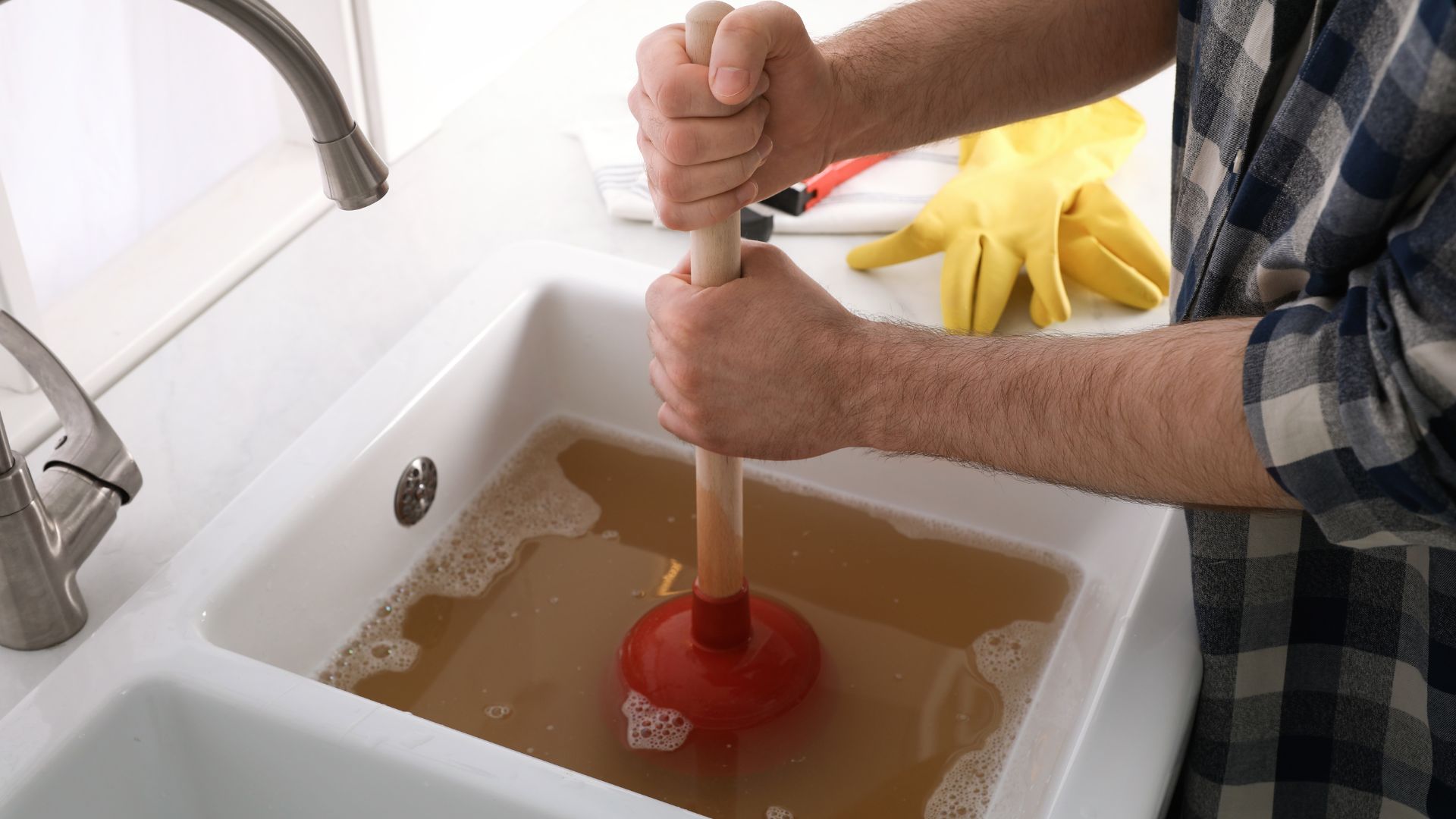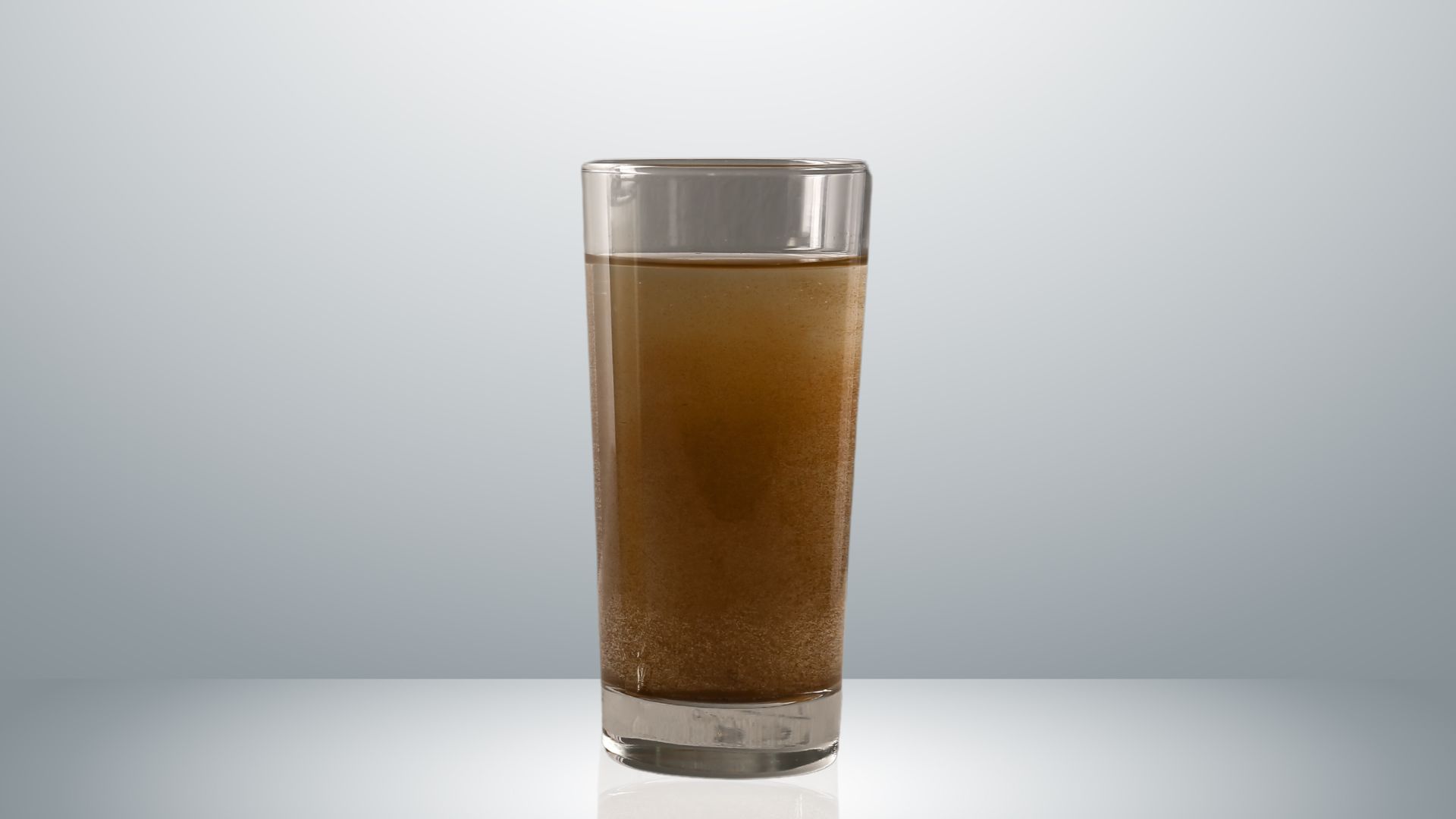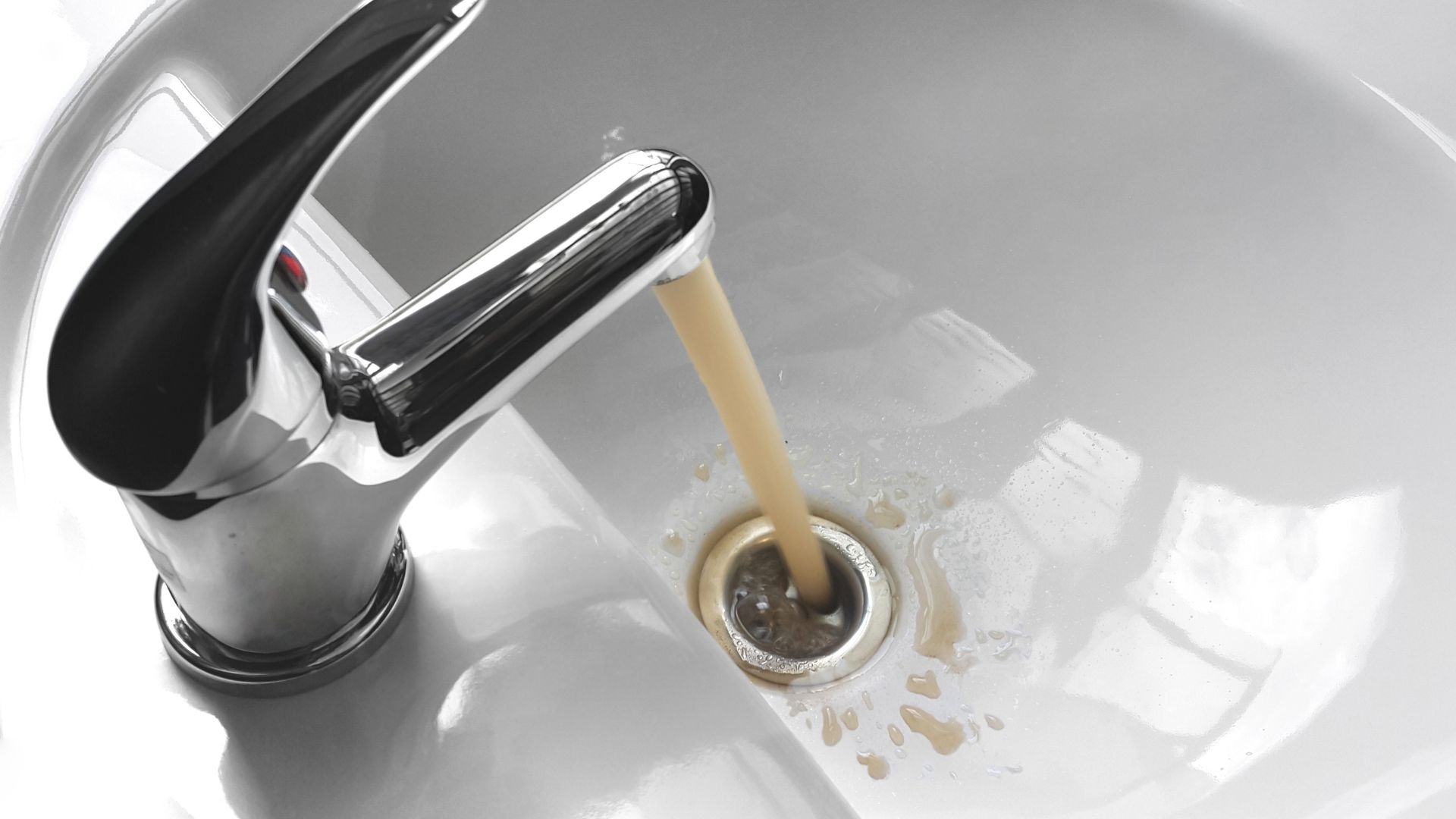Sand Filters
Sediments
Sediments are solid particles that are suspended in water and can range in size from tiny clay particles to larger sand and silt particles. Sediments can come from a variety of sources, including erosion, runoff from agricultural or urban areas, and wastewater discharges. They can also be present in well water and groundwater sources.
While small amounts of sediment in water may not pose a health risk, excessive sediment can have negative impacts on water quality and can cause problems in household plumbing and appliances. Sediments can clog pipes, reduce the efficiency of appliances, and cause damage to plumbing systems.
To prevent sediment buildup in water, sediment filters can be installed in homes and businesses. These filters can effectively remove sediment particles from water, improving water quality and reducing the negative impacts of sediment on plumbing and appliances. It’s important to regularly maintain and replace sediment filters to ensure they are working effectively and to prevent sediment buildup in water.
Impact of Sediments

Clog Pipes

Poor Water Quality

Effects on Skin and Hair

Stains on Laundry
Sand Filters
Featured List
Sand filters are an effective and widely used method for removing suspended particles, dirt, debris, and other contaminants from water. They are used in a variety of applications, including water treatment plants, and residential and commercial water systems.
The filter itself is made up of a bed of specially graded sand, gravel, or other media that captures particles as the water flows through. As the water passes through the sand, dirt and other debris become trapped and are eventually removed during the backwashing process.
One of the main advantages of sand filters is that they are relatively low-maintenance and long-lasting. They require periodic backwashing to remove accumulated debris and maintain proper flow rates, but otherwise, they do not require much attention. Sand filters can be used in conjunction with other water treatment systems, such as activated carbon filters or UV disinfection, to further enhance water quality.
Overall, sand filters are a reliable and efficient way to remove sediment and other contaminants from water, making it safer and more pleasant to use. They are a cost-effective option for a wide range of applications and are easy to install and maintain.
Effective filtration
Sand filters are highly effective at removing dirt, debris, and other contaminants from water. They can capture particles as small as 20 microns, making them ideal for applications that require a high level of water clarity
Improve taste and odor
Sand filters can improve the taste and odor of water by removing organic compounds and other contaminants that can cause unpleasant tastes and odors.
Improve overall water quality
Sand filters can help improve the overall quality of water by removing contaminants and impurities that can impact human health and the environment.
No electricity required
Sand filters do not require electricity to operate, making them suitable for use in remote areas or locations with limited access to power.
Domestic & Commercial Sand Filters
Sand filters can be used for both domestic and commercial purposes. For domestic use, sand filters are typically used to remove sediment, dirt, and debris from the water supply before it enters the home. This can help improve the taste, odor, and clarity of the water and prevent damage to plumbing fixtures and appliances.
Commercial sand filters are designed to treat larger volumes of water and are commonly used in industries such as agriculture, food and beverage production, and manufacturing. They are effective for removing suspended solids, bacteria, and other contaminants that can impact the quality of the water. Commercial sand filters are typically larger and more complex than those used for domestic purposes, and they may require additional maintenance and monitoring to ensure optimal performance.


